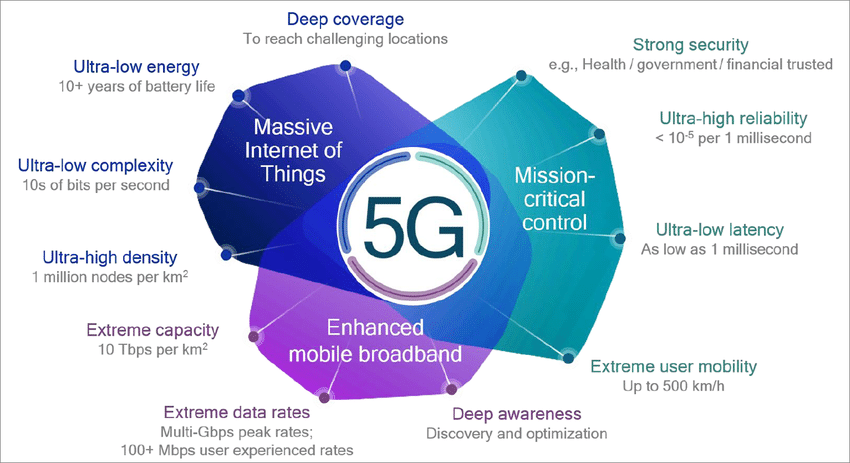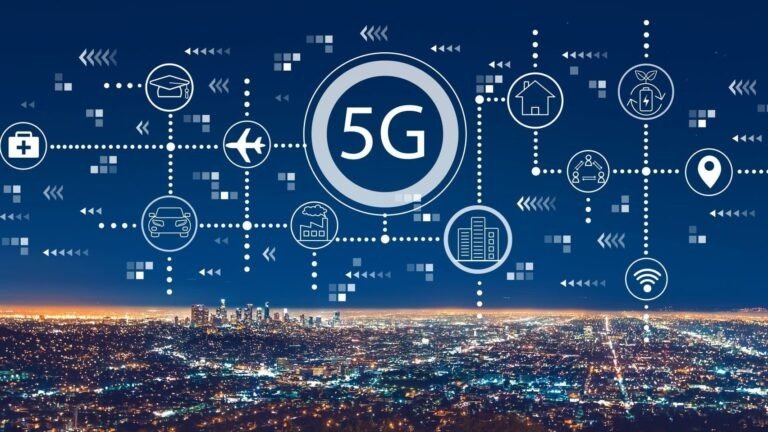As we transition into a more connected era, the deployment of 5G networks is set to revolutionize the way we interact with technology. The promise of faster speeds, lower latency, and increased connectivity options offers substantial new opportunities, but also brings significant challenges.
Unleashing New Capabilities

The rollout of 5G is expected to enable advancements in areas such as autonomous vehicles, IoT, and smart cities, fundamentally changing how we live and work. The ability to transmit data at unprecedented speeds will drive innovation across various sectors including healthcare, education, and manufacturing.
Navigating Technical and Regulatory Challenges
- Addressing spectrum allocation and infrastructure requirements.
- Ensuring security in an increasingly networked world.
- Balancing the cost of deployment with expected ROI.
The Economic Impact of 5G
The widespread adoption of 5G technology is projected to contribute significantly to global economic growth. However, achieving these economic benefits requires overcoming the substantial costs associated with building and maintaining a new network infrastructure.
"5G will be the backbone of the future economy, but the path to full deployment is complex and requires coordinated efforts across all sectors." - Emily White, Telecom Analyst
Looking forward, the evolution of 5G technology will continue to unfold, bringing transformative changes and challenges. Staying at the forefront of this evolution will be crucial for companies looking to capitalize on the new capabilities that 5G promises.
